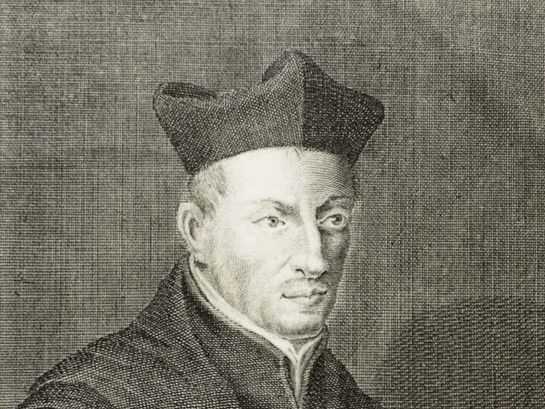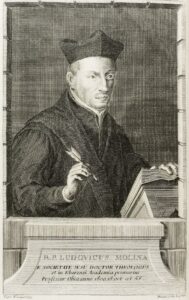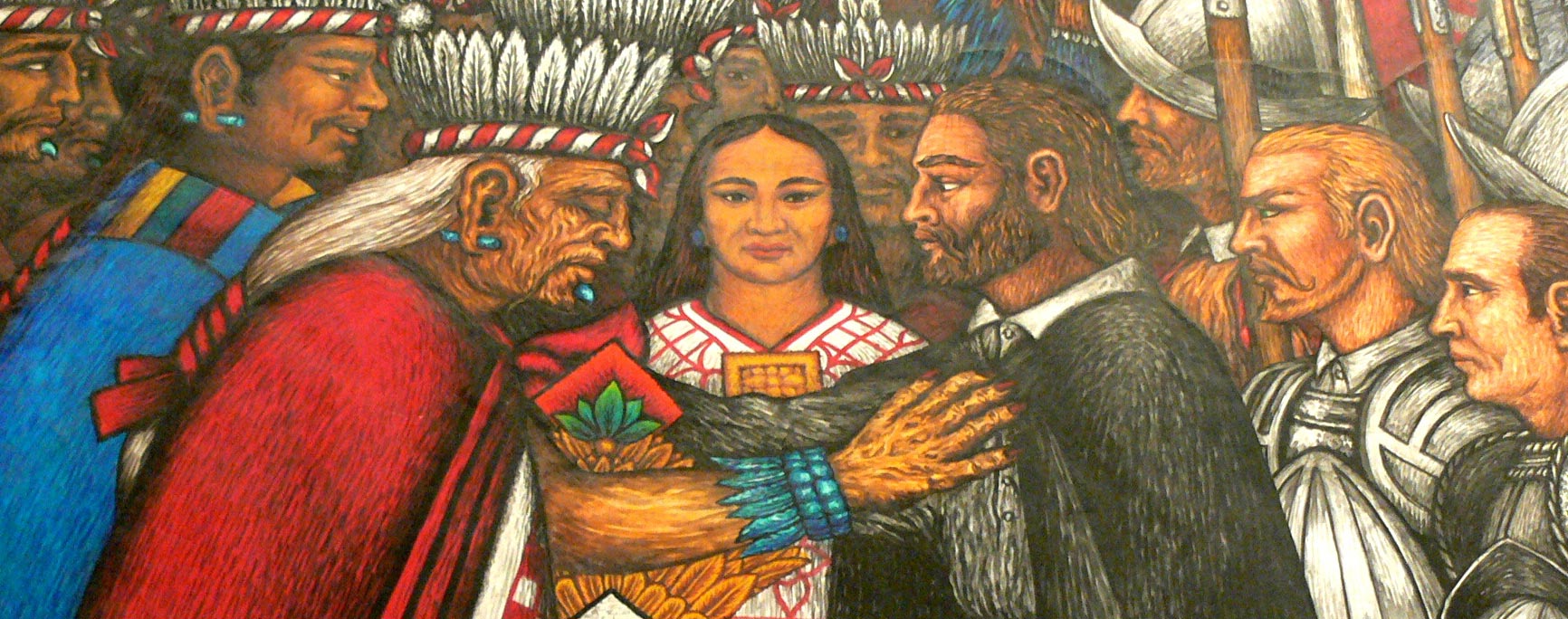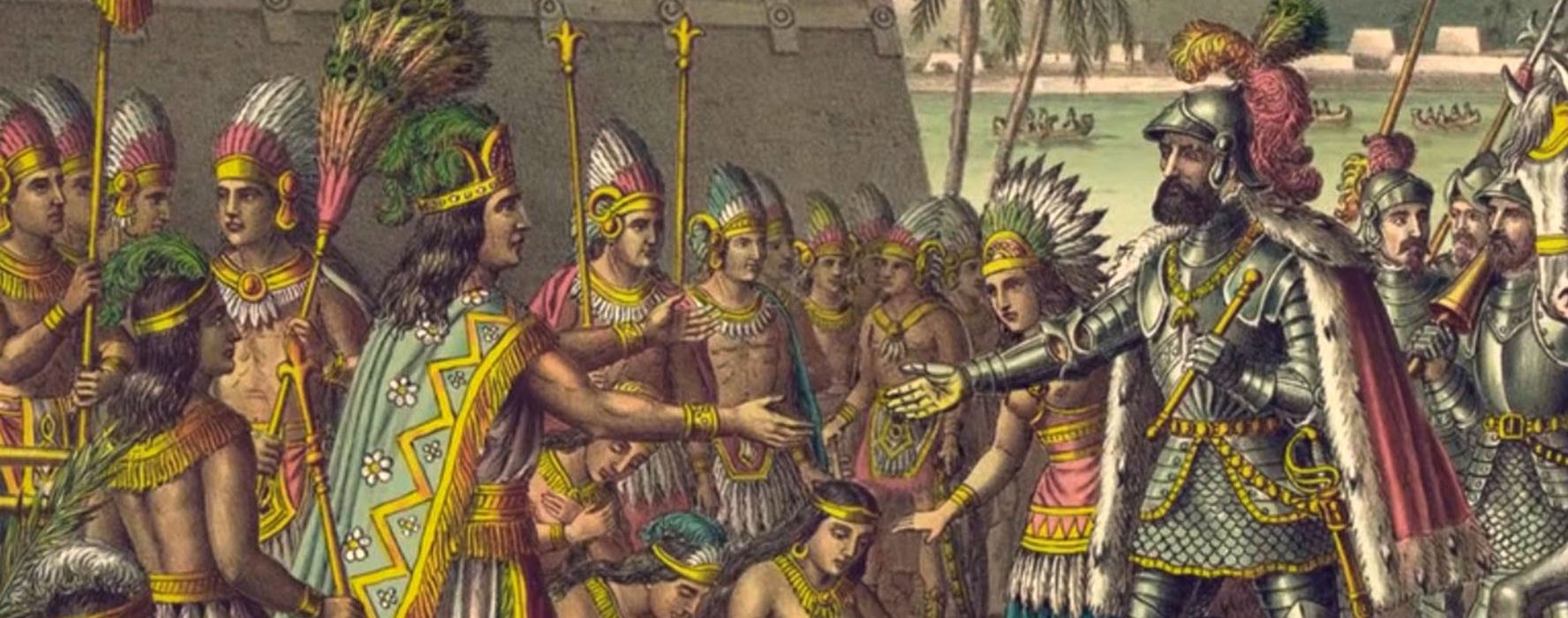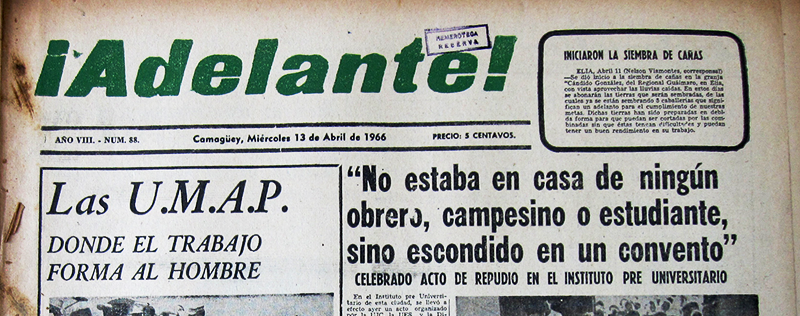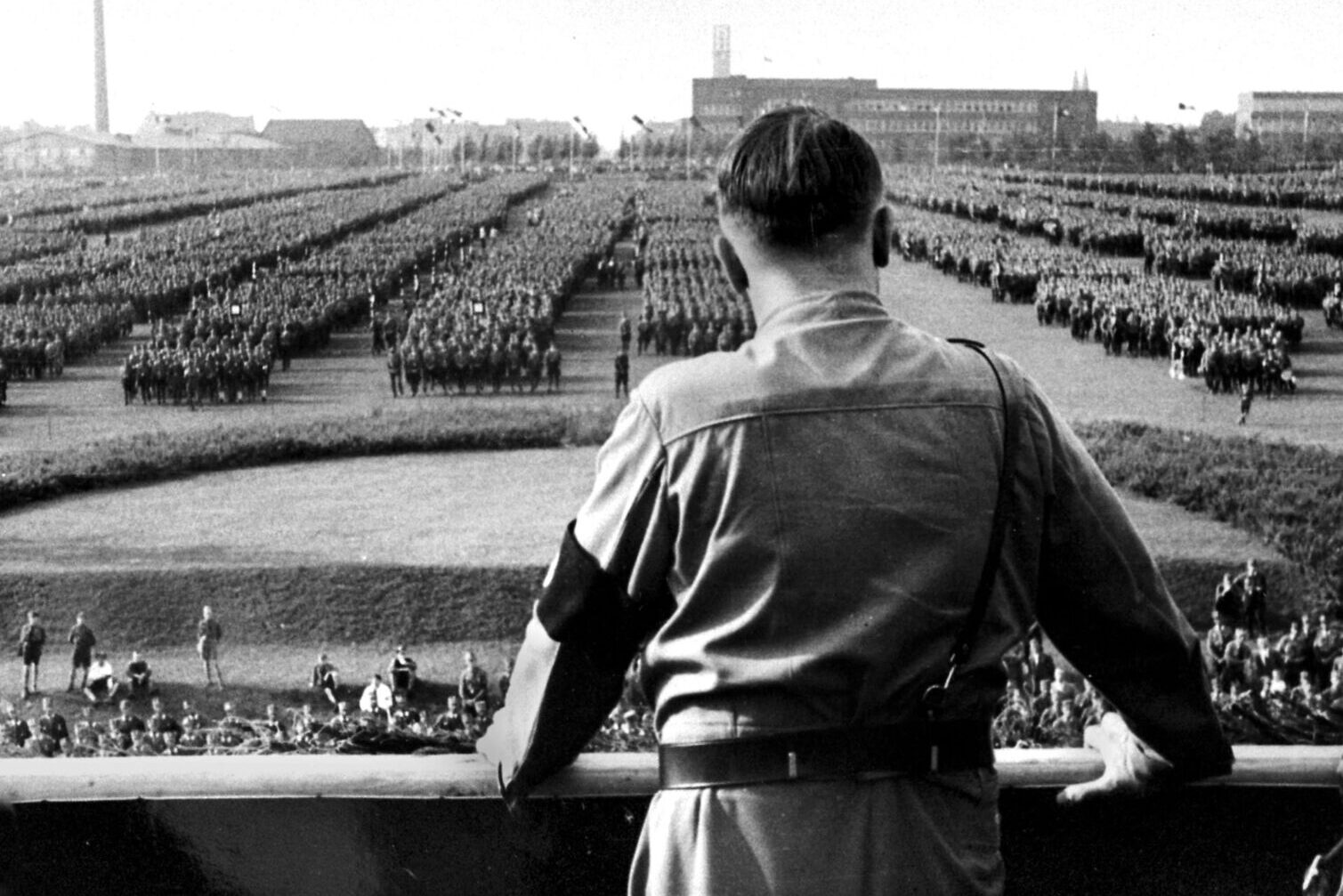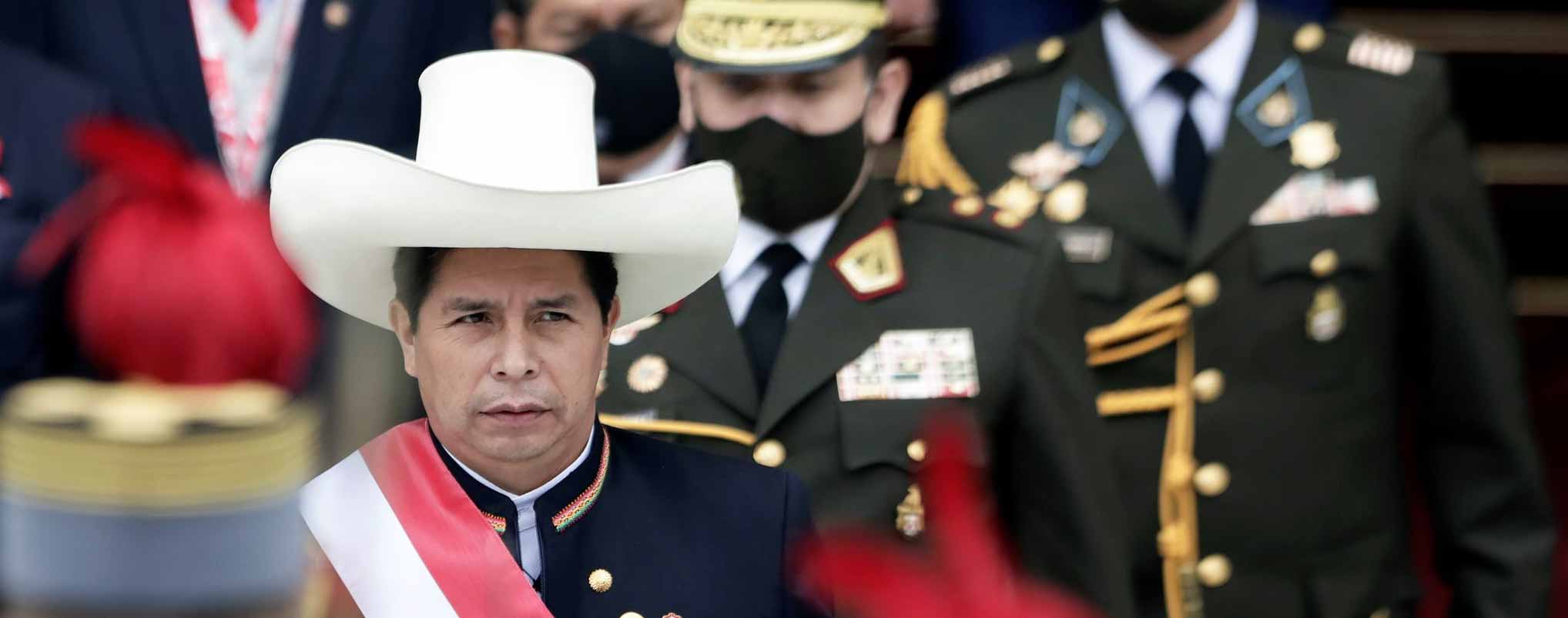Source:Libertad Digital
If it can be argued that liberalism is the most sophisticated form of being Christian, its metaphysical foundation is unequivocally Molinist.
If in 21st century Europe the scandal is provoked by a Spanish actress who has had a baby, in 16th century Europe the controversy was provoked by a Spanish Jesuit who had produced a book as revolutionary as its long title: Concordia del libre arbitrio con los dones de la gracia, la presencia divina, la providencia, la predestinación y la reprobación en relación a algunos artículos de la Primera Parte de Santo Tomás (Concord of free will with the gifts of grace, divine presence, providence, predestination and reprobation in relation to some articles of the First Part of St. Thomas). In those days they cancelled left and right and a title like that could send you to the stake. What was Luis de Molina’s “sin”? To question, his critics argued, the divine omniscience and omnipotence, no less. The Spaniards were always making waves with their approaches at the limit of what was accepted by orthodoxy. Or how to summon up discord by publishing a book called Concord…
We could also visualise the intellectual confrontation of the 16th century as if they were Marvel superheroes and supervillains. If we now enjoy the Civil War between the supporters of Iron Man and the followers of Captain America, in the Europe of a hegemonic Spain in which the sun never set, the superheroes who threw latinajos in each other’s faces as if they were Thor’s hammer were the Dominicans (with Francisco de Vitoria as Iron Man and Domingo de Soto as Mister Fantastic) against the Jesuits (with Francisco Suaréz as Captain America and Luis de Molina as Spiderman).
The analogy between the civil war between Marvel superheroes and the Renaissance theological-political dispute is not limited only to a formal question, but points to the core of both dissensions: the conflict between liberty (Captain America, Luis de Molina) and security (Iron Man, Francisco de Vitoria, later, in its paroxysm, Thomas Hobbes).
“Whose side are you on?” is the motto of the saga dedicated to the fight between superheroes over the US government’s intention to create a kind of ID card for superheroes, so that their secret identity would be known to the government, which would also become their boss. Iron Man supports such subservience to the state on the part of the hitherto “allegorical” superheroes, while Captain America – a classic defender of freedom and civil rights – leads those in favour of the non-existence of state control over superheroes.
In the 16th century the question was identical: whose side are you on? In this case, the question was how to reconcile God’s omniscience with human free will. The supervillains in our Marvel analogy would be the Protestants (Luther and Calvin’s gang), who defended predestination as the fatalistic condemnation of humans. Given, they argue, that God knows from the beginning of time who will be saved and condemned, it makes no difference what one does, one’s works, with only faith being important. In this context of predetermination, the underlying philosophy of action leads to irresponsibility, because our Protestant supervillains argued that the human being is nothing but a puppet in the hands of providence, the religious version of the Stoic fatum. What in Seneca was a theory that harmonised human freedom with metaphysical necessity, in Christians will be a perpetual discussion, since St. Augustine, to reconcile free will with divine will.
In the 16th century, the question of whether human beings were free to shape their destiny took on a new dimension. Although the weight of the debate still centred on the question of salvation or damnation after death, political and economic derivatives became increasingly important. The theorists of the School of Salamanca (to which both Jesuits and Dominicans, and not only Spaniards, can be attributed) laid the foundations of Modernity by proposing democratic solutions to political power, as well as market-based approaches to redirecting the economy of the West. And if the question of free will can be discussed in terms of the salvation of the soul, it is indubitable that both democracy and liberal economics require a priori the existence of human freedom to a considerable degree. If individual freedom did not exist, dictatorships of all kinds, from technocratic to ideological, would be justified.
In this age of entrepreneurial innovation, the members of the School of Salamanca were more philosophers and economists than theologians. They discussed the “just price” of commodities, the concept of money and its influence on the shape of the economy, as well as how to make people more joyful in this life. In this century, life went from being understood as a “vale of tears” to the beginning of a walk towards the summit of self-realisation, by way of an individualism oriented towards compassion for others and coordination towards the common good.
This is the only way to understand why a very progressive Fray Bartolomé de las Casas proposed to Cisneros and Carlos I to free the Indians. Political liberation requires a metaphysical reflection on the very possibility of freedom, as well as an ethical commitment to responsibility towards others. All this is much more difficult from a Protestant perspective, in which human action is radically vitiated by original sin and there is no room for an autonomy of will, compromised by the fatalistic determinism of divine omniscience in the face of which only a subjective experience of faith is possible.
Luis de Molina was born into a world dominated by the giant figures of Machiavelli, Erasmus, Ignatius of Loyola and Leonardo da Vinci. More philosopher than essayist, it has been to his disadvantage in posterity, like Francisco Suárez, that his prose was dominated by scholastic jargon, similar in obscurity and expressive ugliness to the most bizarre contemporary lucubrations of Lacan or Judith Butler. Nothing to do with the terse clarity of Machiavelli or the witty lucidity of Erasmus. However, his ideas are deeper and more subtle, so much so that Murray Rothbard acknowledged him in An Austrian Perspective on the History of Economic Thought to be “a solid liberal on economic issues”. And, I would add, on metaphysical issues related to freedom.
Contrary to the popular and even academic majority view, with Pérez-Reverte proclaiming the boutade that we would have been better off with a different god than that of Trent, Spanish thinkers were the vanguard of the European intellectuals. The new problems related to the New World, the new cultures and the first globalised economy found in the School of Salamanca a response so novel and powerful that it resonates today more than ever in the four centuries that separate us from it, surely because the challenges are very similar only elevated to a higher power.
Luis de Molina’s argument is a delight of logical, metaphysical and ethical sophistication. Let’s admit that God is omniscient, does that mean He knows what we are going to do? Yes and no. For by endowing human beings with free will, He has introduced a plurality of possible worlds into the universe. God certainly knows what we are going to do, but within the inherent freedom of human beings and the possibilities that are the result of the exercise of their autonomy. Therefore, we cannot surprise God, who knows everything we could do. Molina calls this type of knowledge “medium”, the second type is called “average knowledge” and contains the range of possible things that would happen given certain circumstances. In short, and simplifying for reasons of space, Molina argues that for an act to be free, the agent must be free to do otherwise, and, furthermore, the act must not be causally determined by previous events.
His controversy with the Dominican Domingo Báñez reached the levels of aggressiveness and ferocity portrayed by Umberto Eco in The Name of the Rose about another dispute, this time between Dominicans and Franciscans over the poverty of religious orders. The one between Molina and Báñez is known as the De Auxiliis Controversy, in which Molina defended against Báñez’s pro-Lutheran fatalism a notion of compatibility between knowledge of God and the power of human freedom. A compatibilism that reaches the discussions of our days in the figures of philosophers such as Harry Frankfurt, Daniel Dennett and, above all, John Martin Fischer, whose presentation of Molina’s thesis in the chapter he devotes to it, entitled Molinism, in the collection Oxford Studies in Philosophy of Religion, sets out in detail the logical and argumentative nuances of the Spanish philosopher.
These nuances did not spare him from being in the eye of the theological hurricane and in the Vatican’s crosshairs under suspicion of being a heretic. We could contemplate Luis de Molina as the way in which liberalism thus emerges as a heterodox Christianity on the borderline of heresy. For the necessity of God, being divine intelligence, is, according to Molina, compatible with the contingencies of a being such as the human being capable of free will.
Having laid the foundations of the intrinsic freedom of the human being, Molina went on to defend this freedom on the political and economic level, being one of the fathers of both constitutional democracy and the market economy, fundamentally thanks to his work De Iustitia et Iure where he argues about the difference between “natural price” (what we call today “market price”) and “legal price” (what would be a price intervened by the State), putting into circulation one of the first formulations of the subjective theory of economic value. Just as free choice requires the assumption of the metaphysical possibility of freedom, the free market presupposes the subjective freedom of individuals. Rothbard also calls him the “most subtle so far” of monetary theorists for his explanation of inflation and the production of money by banking operations.
If it can be argued that liberalism is the most intelligent, sophisticated, modern, free and caring way of being Christian, in the manner of the School of Salamanca, its metaphysical foundation regarding its most important value, freedom, is unmistakably Molinist.
Share this article
On This Day
- 1572 Andrés Díaz Venero de Leyva founded the town of Guaduas (Colombia).
- 1578 Brunei becomes a vassal state of Spain.
- 1672 Spanish comic actor Cosme Pérez ("Juan Rana") dies.
- 1693 Painter Claudio Coello dies.
- 1702 The Marquis de la Ensenada was born.
- 1741 Spanish troops break the siege of castle San Felipe in Cartagena de Indias (Colombia).
- 1844 The Royal Order of Access to Historical Archives was promulgated.
- 1898 President Mckinley signed the Joint Resolution, an ultimatum to Spain, which would lead to the Spanish–American War.
History of Spain
26 August 2020
27 January 2021
Communism: Now and Then
23 December 2022
28 July 2021
